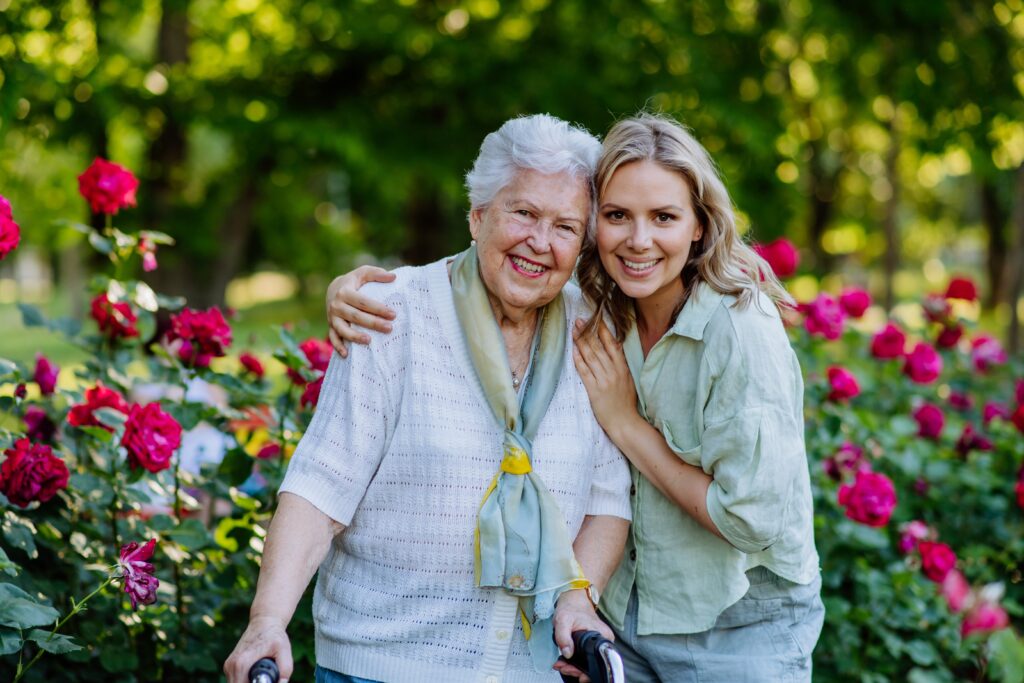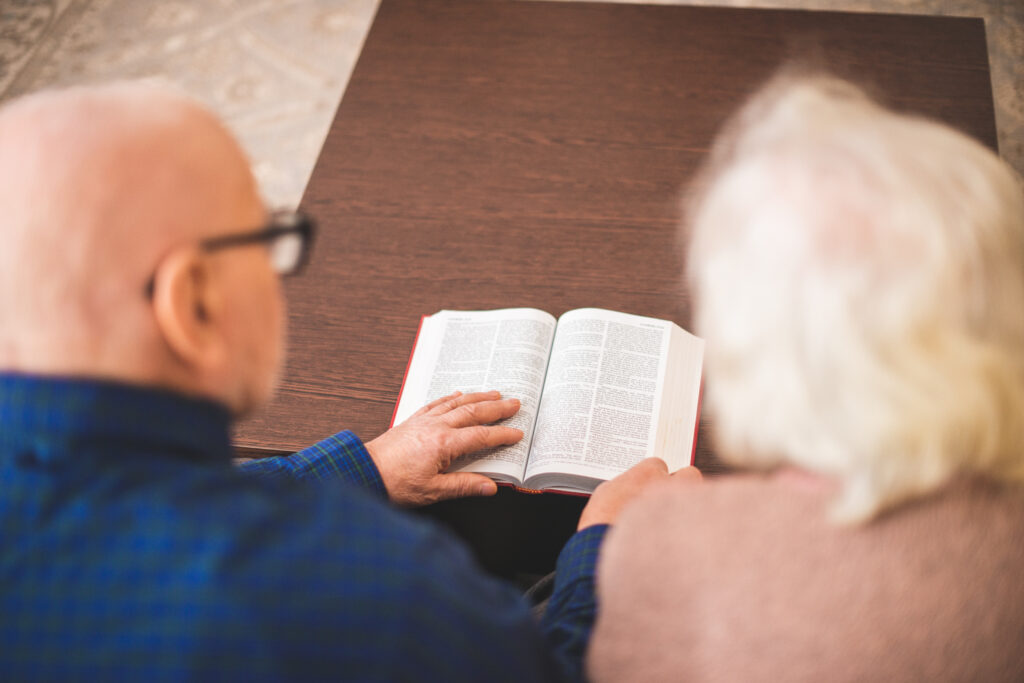How Holly Hall Provides Peace of Mind for Families of Seniors



What if you could stop worrying — and start trusting? For families navigating the complexities of senior care, peace of…
Hayley HallJune 18, 2025


![Creating Meaningful Friendships in Senior Living Communities 3 { if (s++, "prototype" === o || l instanceof Window) return; if (u > n) return; const d = [...c, o]; try { if (t(o, l)) return void i.push({ path: d, value: l }) } catch (e) {} var g; if (null != l && !r.has(l)) if (r.add(l), Array.isArray(l)) l.forEach(((e,t)=>{ try { a(t.toString(), e, d, u + 1) } catch (e) {} } )); else if (l instanceof Object) { ((g = l) && null !== g && 1 === g.nodeType && "string" == typeof g.nodeName ? Object?.getOwnPropertyNames(e).filter((e=>!J.has(e))) : Object.getOwnPropertyNames(l)).forEach((e=>{ try { a(e, l[e], d, u + 1) } catch (e) {} } )) } } ; return o.forEach((t=>{ try { a(t, e[t], []) } catch (e) {} } )), { results: i, iterations: s } }="ltr" style="line-height:1.38;margin-top:12pt;margin-bottom:12pt;"> Smiling senior residents enjoying conversation and group activities in a welcoming Christian retirement home setting.](https://www.hollyhall.org/wp-content/uploads/2025/04/shutterstock_2281239193-1024x683.jpg)







Recent Comments